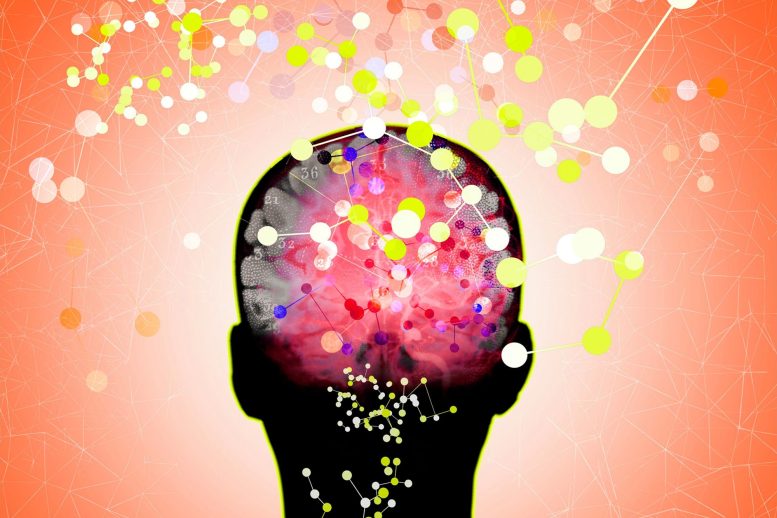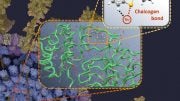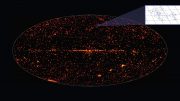
Dr. Or Shemesh has received a $400,000 NIH award to create a new platform for treating brain disorders by modifying glial cells with bioengineered RNAs, offering a promising approach to combat diseases like Alzheimer’s without the immune risks associated with viral vectors.
Or Shemesh, Ph.D., a neurobiologist at the University of Pittsburgh, has received a three-year, $400,000 Trailblazer Award from the National Institute of Biomedical Imaging and Bioengineering, part of the NIH. This grant is intended to support the development of a new platform that may contribute to the treatment of neurodegeneration and various brain disorders.
The project aims to genetically modify different types of glia, a class of cells that supports and protects the brain’s neurons. “Glia cells are pivotal to the development of brain disease, so approaches that alter their activity could lead to new treatments,” says Shemesh, assistant professor of neurobiology at Pitt’s School of Medicine.

Or Shemesh, Ph.D., assistant professor of neurobiology at the University of Pittsburgh School of Medicine. Credit: University of Pittsburgh
Challenges in Current Methods
Scientists have made progress using traditional virus-based vectors to deliver genes to neurons. But that viral approach hasn’t been ideal in glia, which includes astrocytes, oligodendrocytes, microglia, and other cell types, says Shemesh.
Shemesh’s approach uses bioengineering modified RNAs, or modRNAs. These synthetic RNAs are directly translated into proteins by cellular machinery, circumventing the possibility of triggering an immune response when a virus is used to transport genes into the cell.
To show the concept works, Shemesh’s team will use their glia RNA-vector technology to increase or decrease the activity of disease-relevant genes in either astrocytes or microglia in the brains of mice.
“We are seeing more research, including from Pitt, that indicates astrocytes and other glia play an important role in the development of Alzheimer’s disease,” Shemesh says. “So our new platform could one day provide a unique strategy to treat dementia.”
The research was funded by the National Institute of Biomedical Imaging and Bioengineering.









Be the first to comment on "Could Modified RNA Be the Key to Healing Neurodegeneration Caused by Brain Disorders Like Alzheimer’s?"